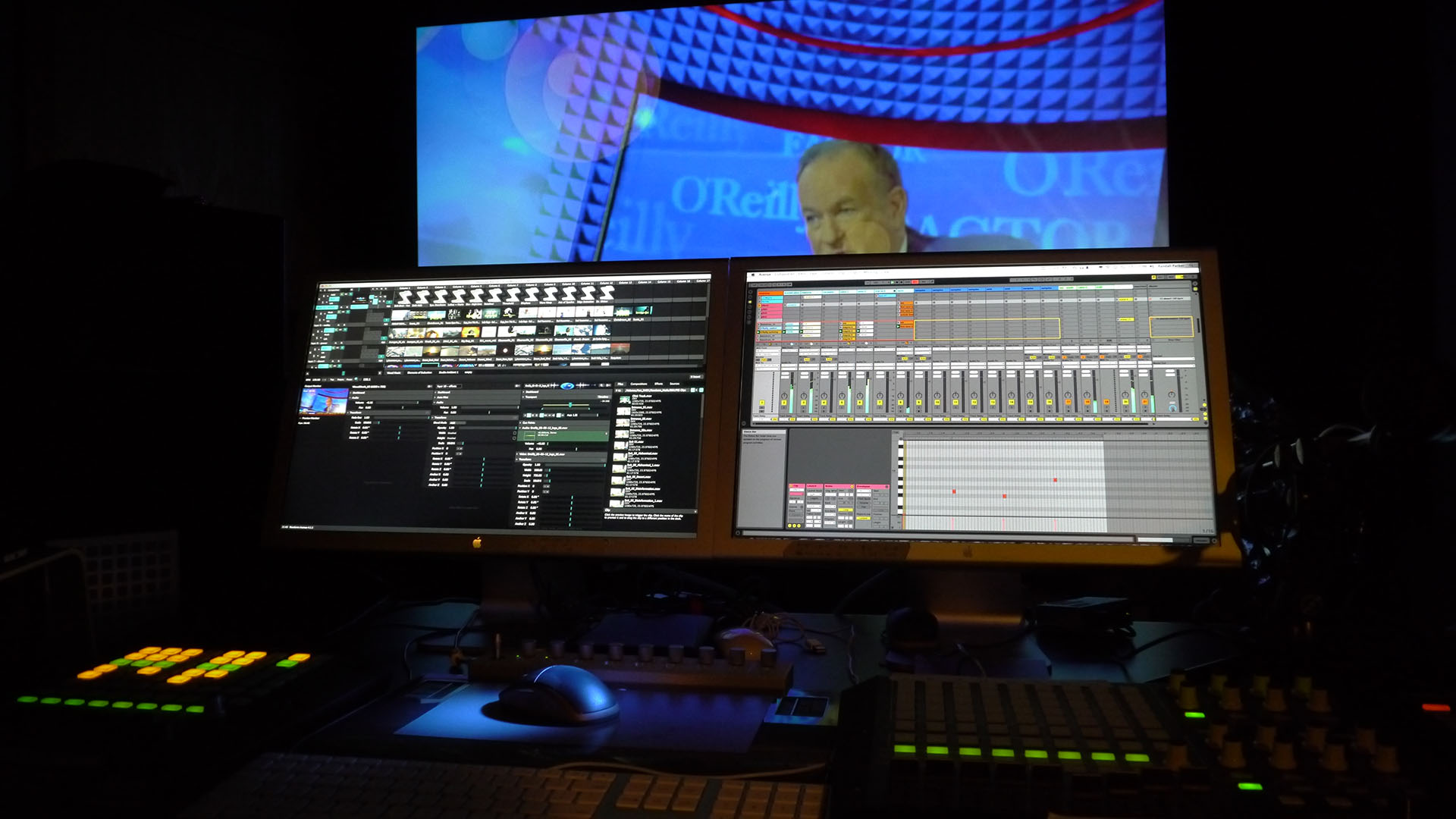Disruption of the Broadcast
Main Article Content
Abstract
While the mainstream media largely dominate the discourse and narrative of the daily news cycle, we have, since the dawning of the Web some twenty-five years ago, seen this tight grip of control loosening at an increasing rate. The emergence of citizen-journalism via the blogosphere in the early 2000s, followed by the explosive and ubiquitous presence of social media in the late 2000s, has empowered the individual in the act of distributing their own view of events as they unfold.The key question raised here is the following: how might the artist engage rogue tactics of journalism via the Internet to directly challenge the dominance and status quo of the broadcast media?
For the past 15 years, through networked art projects that include the US Department of Art & Technology (2001-2005), Media Deconstruction Kit (2003-2004), and The Post Reality Show (2012-), I have used techniques of media to appropriate, transform, and rebroadcast live cable news media via the Internet to amplify and distorts its contents: allowing us to view the broadcast in a new way, revealing its hidden mechanisms of control, a détournement that jolts us out of the sensationalism of media and its seductive hold on our gaze. In contrast to the citizen journalist who brings unreported events to the light of day, the artist's reportage here takes shape as a disruption of the media broadcast, attempting to expose its effects of disinformation by shocking the viewer out of obedient assimilation of its contamination.
Article Details

This work is licensed under a Creative Commons Attribution-ShareAlike 4.0 International License.
References
Arthur Rimbaud, A Season in Hell (New York: New Directions, 1961)
Douglas Rushkoff, PRESENT SHOCK: When Everything Happens Now (New York: Penguin Group, 2013)
Gene Youngblood, “Secession from the Broadcast,” 2013, https://wiki.p2pfoundation.net/Secession_From_the_Broadcast
Jean Cocteau, “Orpheus”(film), The Orphic Trilogy, The Criterion Collection, 1950
Marshall McLuhan, Understanding Media (Boston, MIT Press, 1964), 13
Noam Chomsky, Media Control: The Spectacular Achievements of Propaganda (New York: Seven Stories Press, 2002)
Paul Virilio, The Information Bomb (London, Verso, 2005), 15
Paul Waldman, “Why Donald Trump’s falsehoods and fantasies seem so unstoppable,” New York Times, 2016, http://wapo.st/2c8BSu4
Randall Packer, “Experimental Party,” 2004, http://www.zakros.com/experimentalparty/future.html



